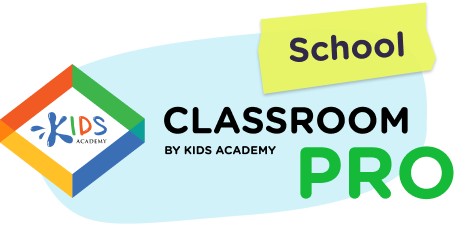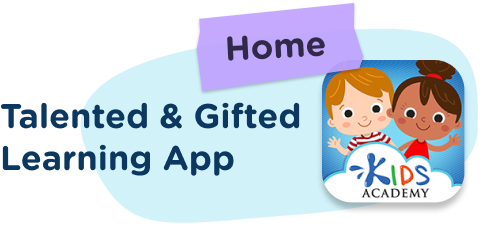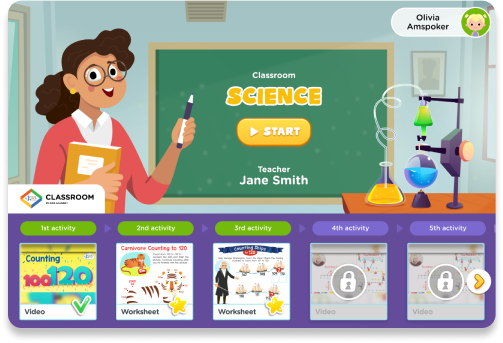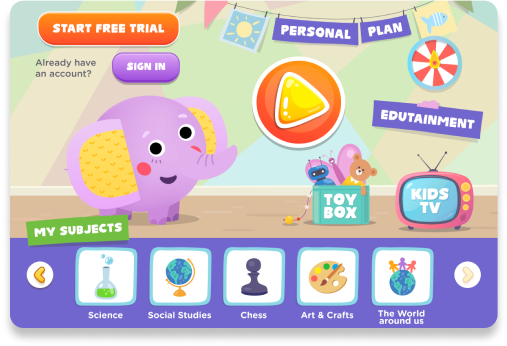Counting skills Normal Addition Facts Worksheets
5 filtered results
-
From - To
Enhance your child's counting skills with our Counting Skills Normal Addition Facts Worksheets. Designed for early learners, these engaging worksheets provide a fun and interactive way to master basic addition facts. Each worksheet features colorful illustrations and clear instructions, helping young learners build confidence in their counting abilities. Whether in the classroom or at home, these resources encourage hands-on practice, allowing children to gain a solid foundation in addition. Perfect for reinforcing math concepts, our Counting Skills worksheets are ideal for kindergarten and first-grade students. Download and watch your child's math skills flourish with these essential learning tools!
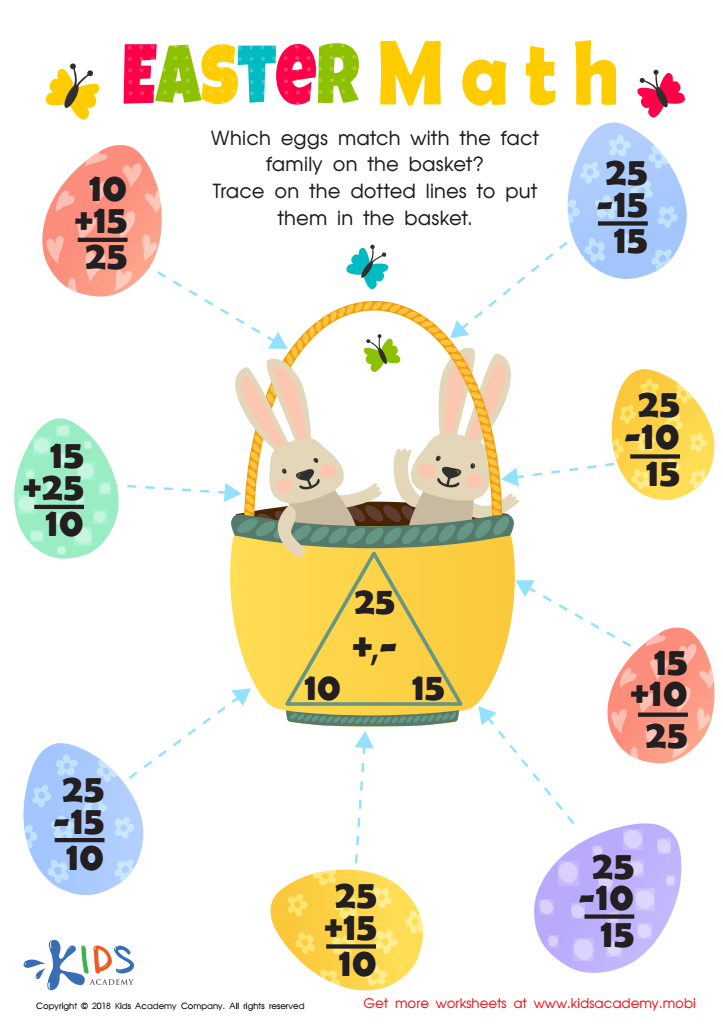

Fact Families: Easter Math Worksheet
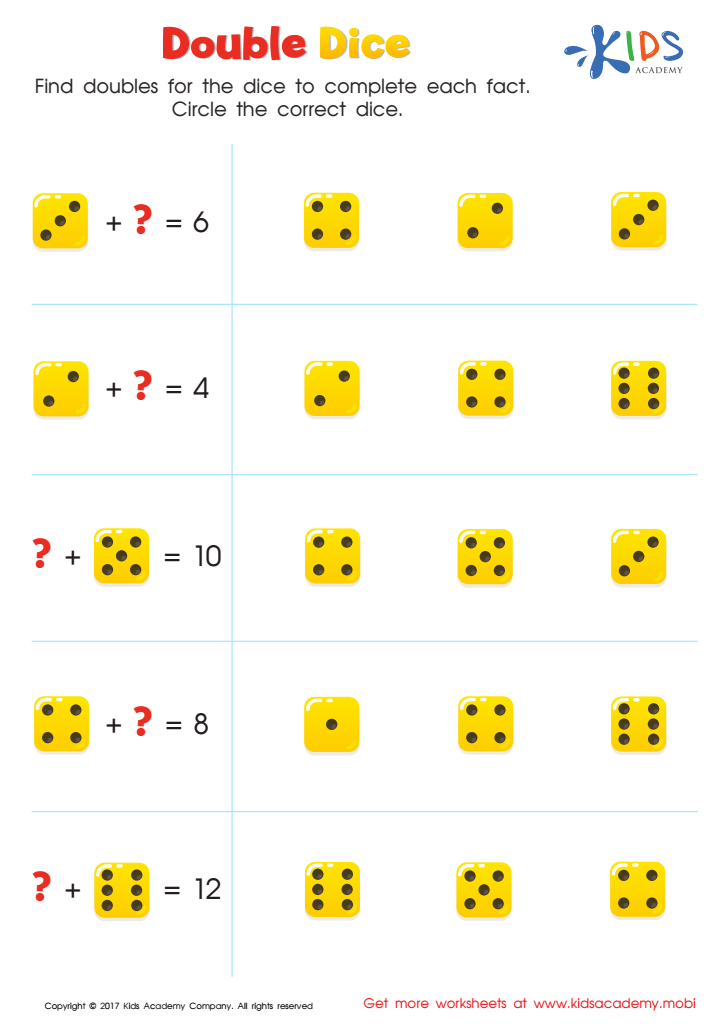

Addition Facts: Double Dice Worksheet
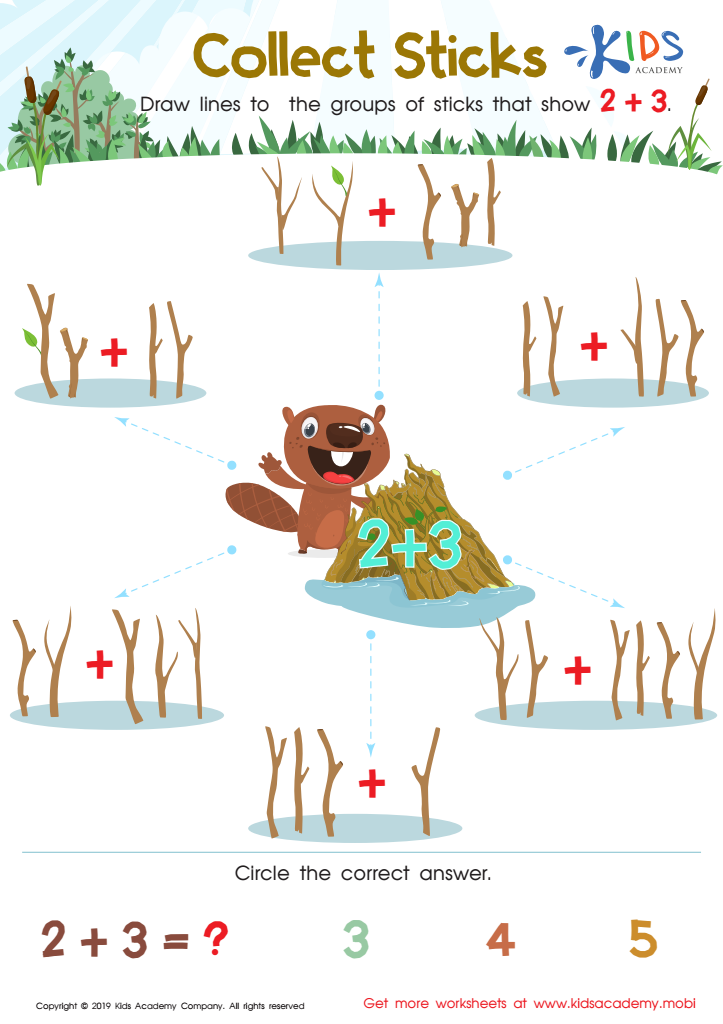

Collect Sticks Worksheet
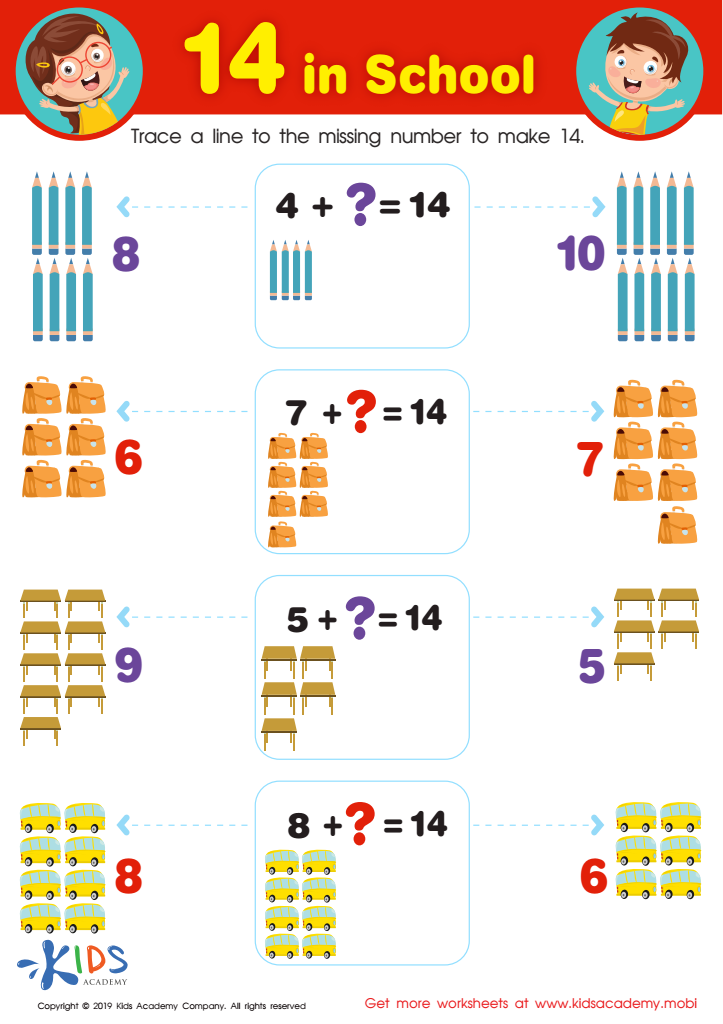

14 in School Worksheet
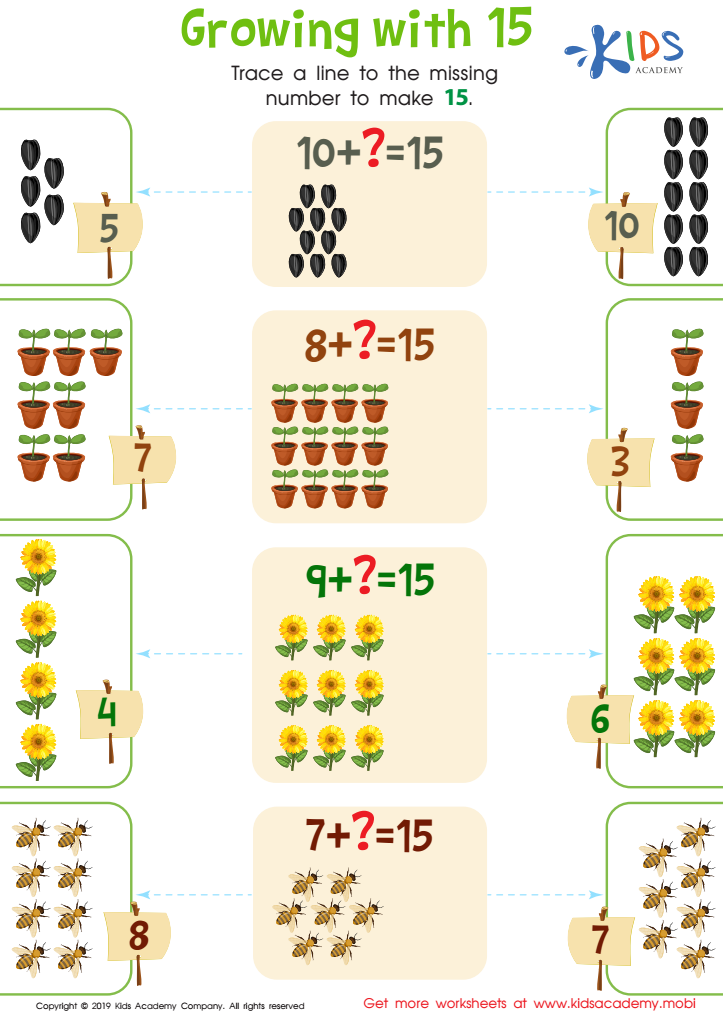

Growing with 15 Worksheet
Counting skills and understanding normal addition facts are crucial for young learners, and both parents and teachers should prioritize them for several reasons. Firstly, counting serves as the foundation for all further mathematical concepts, enabling children to understand quantity, number relationships, and the concept of one-to-one correspondence. Mastery of counting enhances a child’s ability to perform addition, as it supports mental math skills necessary for everyday problem-solving.
Furthermore, normal addition facts—like sums of numbers 1 through 10— are essential for developing computational fluency. When children can quickly recall these facts, they gain confidence in their mathematical abilities, making it easier to tackle more complex operations later on. This fluency not only aids in mathematics but also helps in critical thinking and analytical skills that are valuable across various subjects.
Additionally, fostering counting and addition skills establishes a strong numeric sense, which is necessary for real-life applications, including budgeting, time management, and planning. Active involvement from parents and teachers at early stages nurtures a positive attitude towards math, sets high expectations for learning, and creates a supportive environment that encourages curiosity and exploration. Ultimately, prioritizing these skills lays the groundwork for lifelong learning and success in mathematics and beyond.
 Assign to My Students
Assign to My Students
















